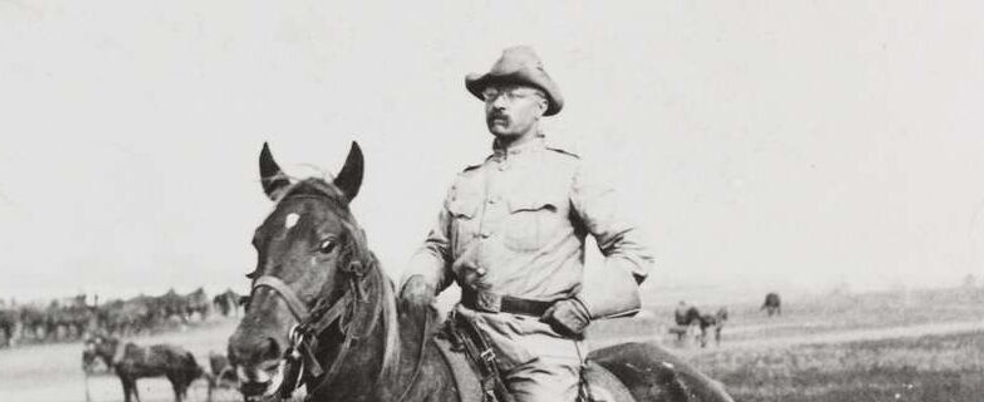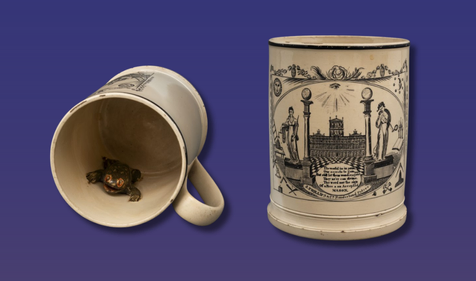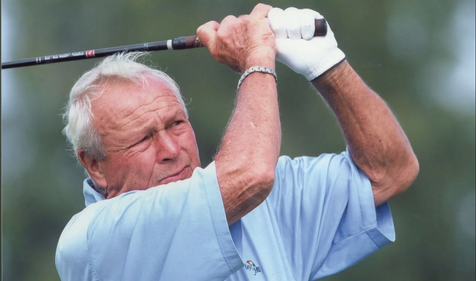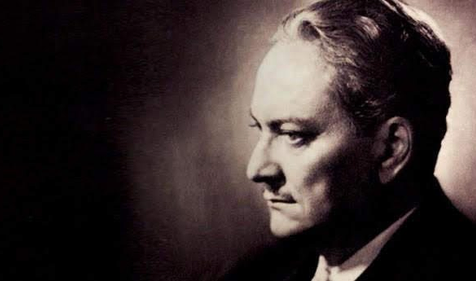Discover how Brother Theodore Roosevelt’s Masonic values shaped his legacy as a reformer, conservationist, and American leader.
"Knowing what's right doesn't mean much unless you do what's right." – Brother Theodore Roosevelt
Brother Theodore Roosevelt, the 26th President of the United States, is remembered as one of the most dynamic figures in American history. At just 42 years old, he became the youngest president to serve, and he brought with him a relentless energy for reform, a passion for the natural world, and a firm belief in the principles of Freemasonry.
Raised as Master Mason in 1901, just months before assuming the presidency, Brother Roosevelt remained deeply engaged with the Craft throughout his life. Whether through public service, foreign diplomacy, or conservation efforts, his actions reflected the Masonic values of integrity, service, and brotherhood.
Formative Years
Born on October 27, 1858, in New York City, Brother Roosevelt's early life was marked by health struggles. As a child, he had debilitating asthma, yet he pursued intellectual and physical development with intense discipline. Inspired by his father, Theodore Sr., a man Brother Roosevelt called "the best man I ever knew," he immersed himself in studies, particularly natural science. By age nine, he had written his first scientific paper and was already showing the hallmarks of his future leadership.

His upbringing was rich in travel, culture, and moral guidance. It set the stage for a life built on strong principles. Before joining the Craft, Brother Roosevelt’s character echoed Masonic ideals: industriousness, self-improvement, and service to others.
Education and Entry Into Public Life
Brother Roosevelt attended Harvard University, where he studied natural history and participated in various extracurriculars, including rowing, boxing, and literary clubs. He briefly attended Columbia Law School before deciding to pursue politics. At age 23, he was elected to the New York State Assembly, launching a lifelong commitment to public service.
Tragedy struck early in his career when, on the same day in 1884, both his wife Alice and his mother Martha passed away. Devastated, Brother Roosevelt temporarily withdrew from political life, retreating to the Dakota Territory. He later returned to New York with renewed purpose, marrying Edith Kermit Carow and raising six children.
The Rough Riders and Rise to Fame
In the lead-up to the Spanish-American War, Brother Roosevelt formed the 1st U.S. Volunteer Cavalry, more commonly known as the “Rough Riders.” Their daring charge up Kettle Hill, Cuba made Brother Roosevelt a national hero and catapulted him to political stardom.
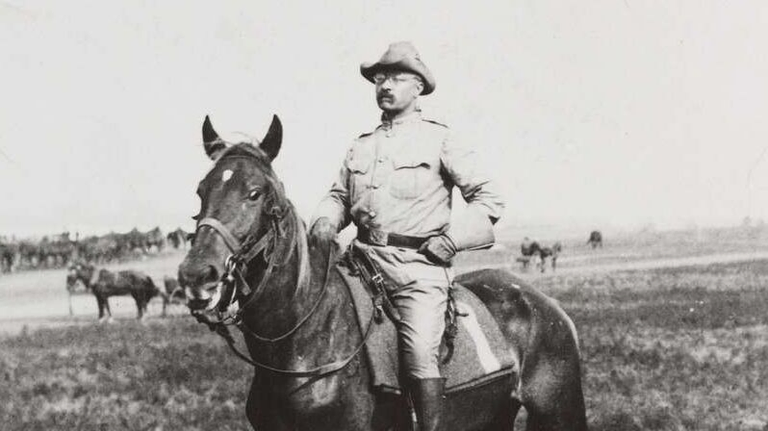
After returning home, he was elected governor of New York and quickly earned a reputation for independence and reform. Party leaders, wary of his maverick tendencies, nudged him into the vice presidency, hoping to sideline him. Instead, fate intervened. After the assassination of President and Brother William McKinley, Brother Roosevelt became president.
A Mason in the White House
Brother Roosevelt was initiated into Matinecock Lodge No. 806 in Oyster Bay, New York in 1901, just months before becoming president. Throughout his life, he remained active in the fraternity, visiting lodges across multiple continents and participating in cornerstone ceremonies, including the Pilgrim Monument in Massachusetts and the north gate of Yellowstone National Park.
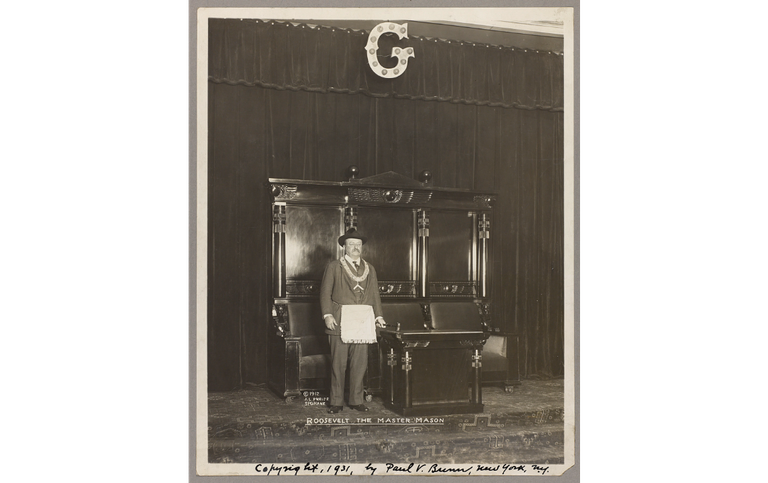
In office, Brother Roosevelt exemplified the virtues Freemasons strive to uphold—integrity, fairness, and a steadfast commitment to the greater good. His “Square Deal” agenda reflected a deep sense of balance and justice, advocating for workers’ rights, consumer protections, and the responsible oversight of industry.
A Legacy of Reform, Conservation, and Courage
Brother Roosevelt's accomplishments during his presidency were vast:
- Champion of Progressive Reform: He pushed landmark legislation like the Pure Food and Drug Act and the Meat Inspection Act to protect public health. He also aimed at monopolies, launching antitrust actions that earned him the nickname “Trust Buster.”
- Pioneer of Conservation: Brother Roosevelt’s love for nature became national policy. He created the U.S. Forest Service, designated five national parks, and oversaw the preservation of over 230 million acres of public land.
- Diplomatic Visionary: He modernized the Navy, orchestrated the construction of the Panama Canal, and earned the Nobel Peace Prize for brokering peace between Russia and Japan.
- Transparent and Accessible Leadership: Brother Roosevelt held regular press briefings and emphasized open communication with the American public - an approach that reshaped the presidency.
Beyond the Presidency
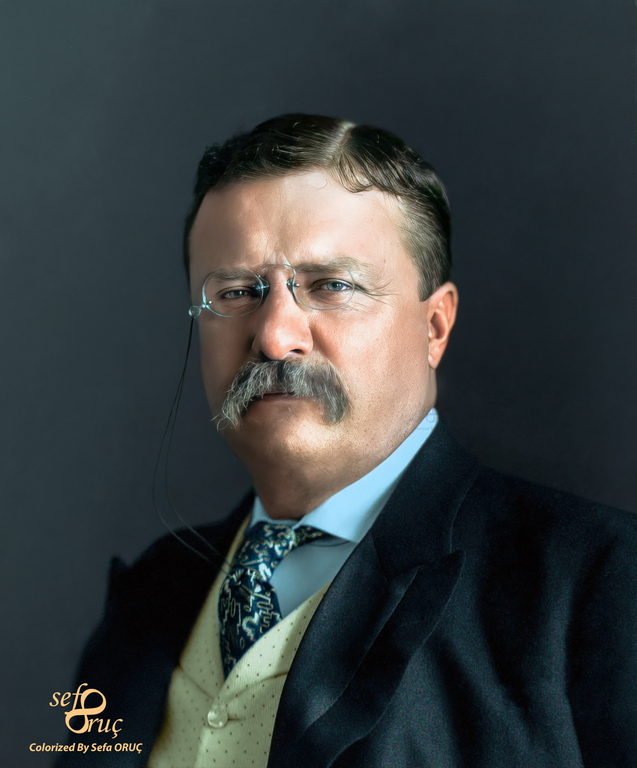
Even after leaving the White House, Brother Roosevelt remained a force in American politics and culture. Disillusioned with his successor, Brother William H. Taft, he ran again for president in 1912 under the Progressive Party, also known as the Bull Moose Party. Though unsuccessful, his campaign reshaped the political landscape. It marked one of the most significant third-party efforts in U.S. history, drawing millions of votes and surpassing Brother Taft in the popular vote.
He later embarked on a perilous expedition to the Amazon’s River of Doubt, proving once more his unyielding spirit. A prolific author, he penned over 30 books, ranging from political philosophy to wilderness exploration.
During World War I, Brother Roosevelt continued to serve as a patriotic voice, though his health prevented further military involvement. His sons served bravely - his youngest, Quentin, tragically died in combat.
Final Chapter and Enduring Influence
Brother Roosevelt passed away on January 5, 1919, at the age of 60. His passing marked the end of an era, but his influence endured. Masons and non-Masons alike remember him not only for his presidency but for his unwavering commitment to truth, justice, and service.
As Scottish Rite Masons, we find in Brother Roosevelt a kindred spirit - one who lived with purpose, led with integrity, and never stopped seeking the light. His story is not just one of national importance, but a personal reminder that each of us, through our values and actions, can leave a lasting mark on the world.
Related Stories
Discover additional Scottish Rite blogs and news on this topic.
-
A Jolly Masonic Mug
History
Read More about A Jolly Masonic Mug
-
The Life and Career of Brother Arnold Palmer
Famous Masons
Read More about The Life and Career of Brother Arnold Palmer
-
Manly P. Hall: Philosopher, Mystic, and Freemason
Famous Masons
Read More about Manly P. Hall: Philosopher, Mystic, and Freemason
